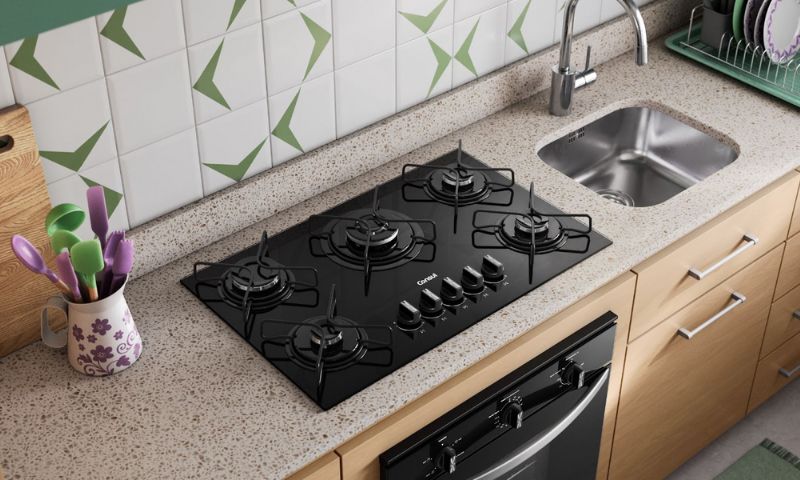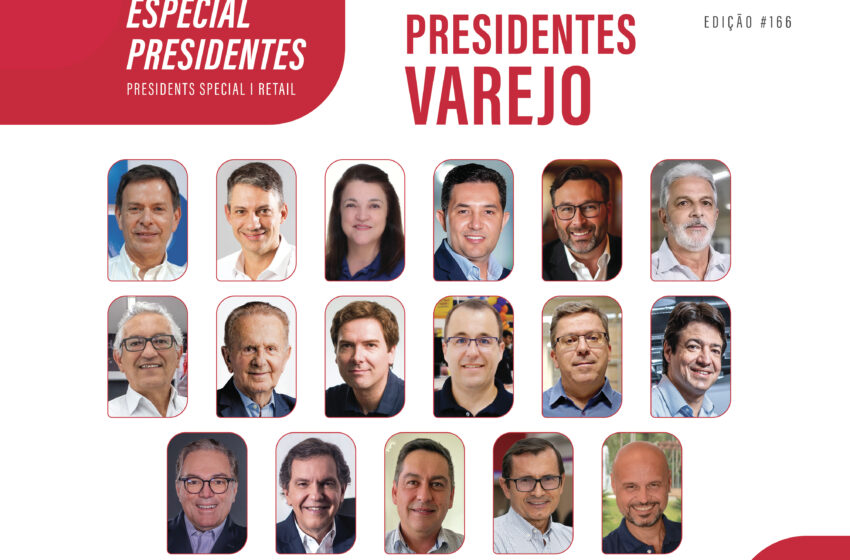
PRESIDENTS SPECIAL 2025 – RETAIL
EFFICIENT STRATEGIES ARE ESSENTIAL TO INCREASE SECOND-HALF SALES
Balancing technology with humanized service is the path to closing the year with strong results.
by Dilnara Titara, Gustavo Sumares, Leda Cavalcanti and Tatiana Sasaki
The international turmoil did not affect the performance of the home appliances segment in Brazil during the first four months of 2025. In general, all categories of the segment experienced growth, and the estimate is that the year will register variable growth, between 5% and 10%, in sales compared to 2024, a very favorable period for these product categories.
Growth will be driven by investments in new business, the strengthening of the supply chain, technological innovations, and the modernization of manufacturing processes, including the establishment of ESG agenda criteria, meeting the demand for products with higher energy efficiency and manufactured within the concept of sustainability.
In this Presidents Special, most companies show that they have good expectations for the second half of the year, although caution is also part of their planning —and rightly so, due to global challenges and the interest rate. The moment calls for efficient strategies, technology to automate processes, resilience, and humanized service.
BEMOL
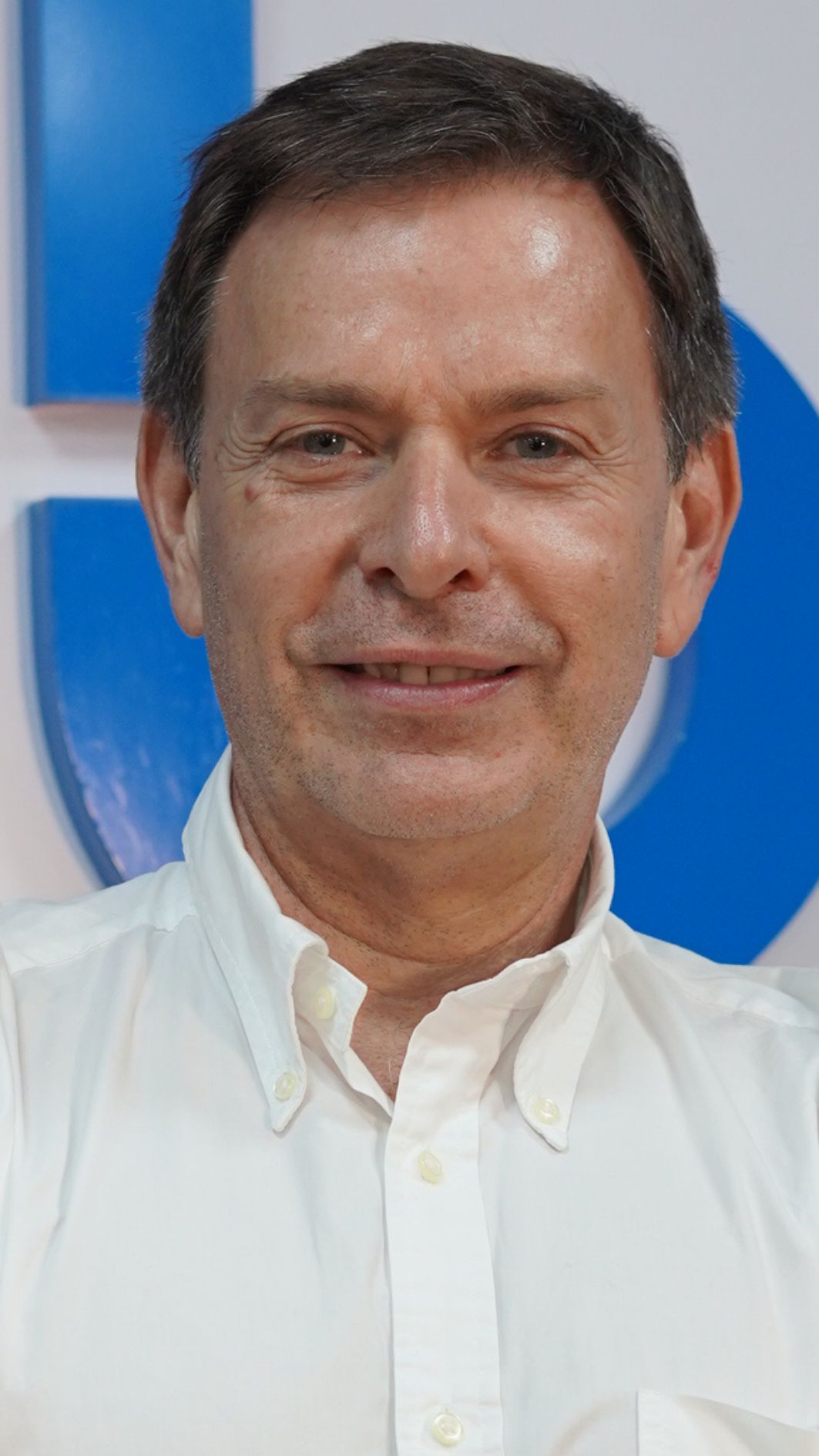
The first four months of 2025 were positive for Bemol, which grew by double digits, even in a national and global scenario marked by high volatility and uncertainties, says financial and commercial director Marcelo Forma. “Persistent inflation on product costs, still-high interest rates, and the resulting reduction in the population’s disposable income required significant strategic effort to maintain our performance. Even so, we had a solid start to the year, exceeding expectations.”
The company projects to reach R$ 5 billion in revenue this year.
For the second half of the year, the company adopts a cautious stance. “The Brazilian fiscal scenario remains critical, with no clear short-term outlook for improvement. In addition, the tariff war has led to a significant increase in the entry of Chinese products into the local market, bringing new challenges to the home appliance and furniture sector,” says Marcelo. Based on its strategic initiatives, Bemol projects to reach revenue of R$ 5 billion in 2025.
In response to the challenging environment, the company has been executing its investment plan conservatively, with constant reassessments. “We have also intensified our commitment to artificial intelligence, promoting its democratization throughout the organization.
The goal is to increase our operational efficiency and identify new value opportunities for our customers,” explains the executive.
CASAS BAHIA
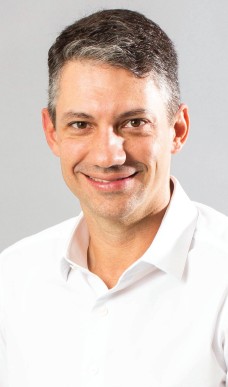
After five consecutive quarters of profitability improvement and the best cash generation in the last five years, Grupo Casas Bahia ended 2024 with solid results. “I took on the leadership with the mission to restore profitability, strengthen the brand and prepare the company for the future. Today, we can say the transformation is underway and with concrete results,” says Renato Franklin, CEO of Grupo Casas Bahia.
Company grew 15.6% in the marketplace and strengthened its omnichannel strategy.
The company focused on its core business — electronics, furniture and credit — ending scattered projects and promoting a broad restructuring. Capex was reduced from R$ 1 billion to R$ 386 million, low-performing stores were closed, logistics reorganized and marketing expenses reduced by 30%. In credit, digitalization via digital carnê and banQi, along with the FIDC structuring, made the model more secure and scalable.
At the end of 2024, the credit portfolio reached R$ 6.2 billion (16.8% of gross revenue), and liquidity exceeded R$ 3.7 billion, highlights Renato. “We grew 15.6% in the marketplace, and the omnichannel strategy was strengthened with initiatives such as Casas Bahia Ads. And in 2025, we began a new cycle of responsible expansion, focusing on medium-sized cities and reaffirming our commitment to the consumer by bringing back the slogan Total Dedication to You.”
CYBELAR
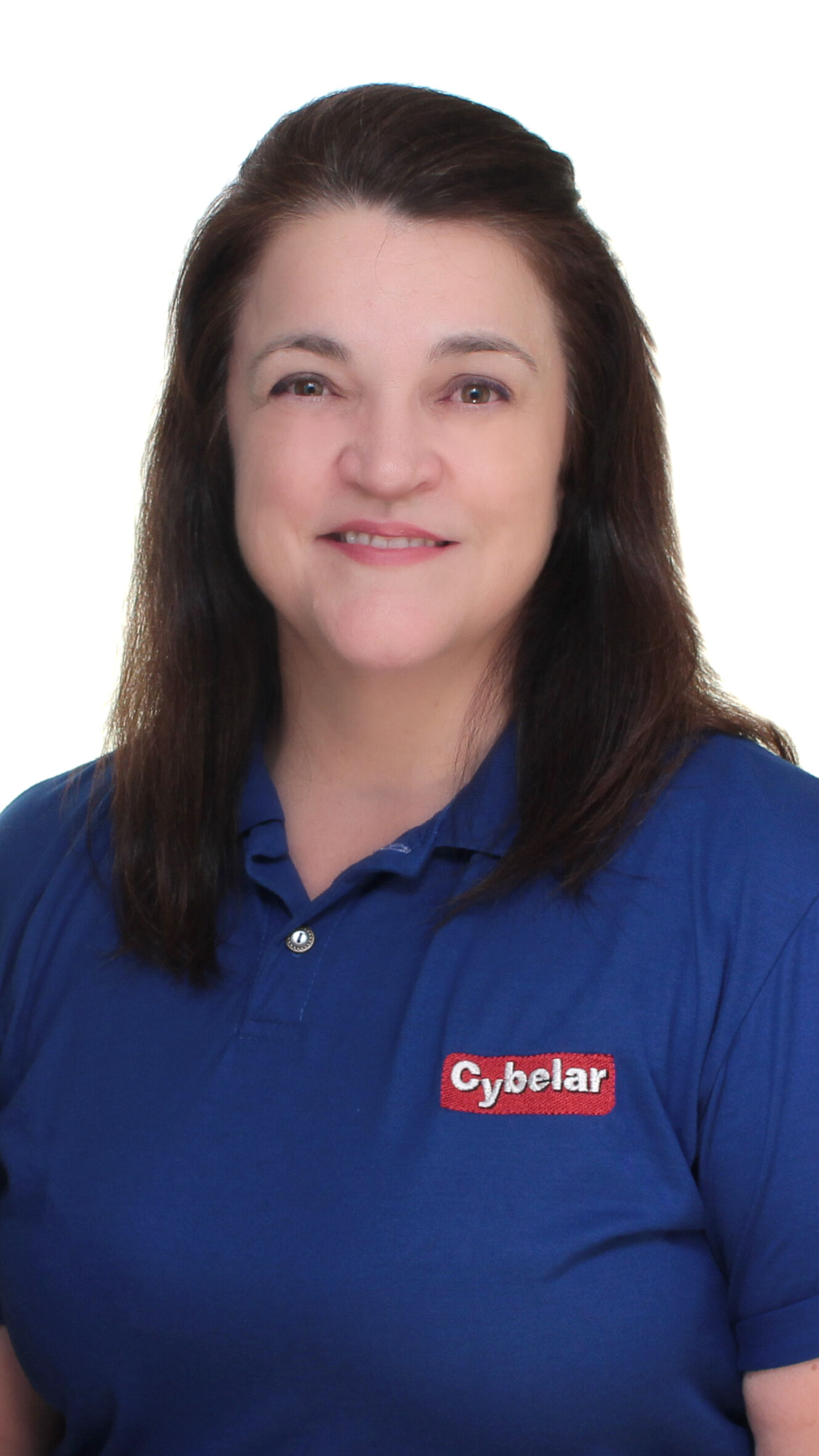
The company’s revenue grew 18% in the first four months of 2025 compared to the same period last year, says Giovana Pasquotto, president of Cybelar. “We are focused on strengthening partnerships and strategies, enhancing the product mix, optimizing investments, reducing costs and expenses, and revitalizing stores to improve customer experience.”
With new products and services, the company expects to close 2025 with double-digit growth.
For the second half, the outlook remains optimistic. “We will strengthen our relationship with customers, introducing new products and services. We will also invest in marketing, brand strengthening, and CRM. We are starting an important partnership with the Silvio Santos Group, especially with Baú da Felicidade,” says Giovana, also highlighting the company’s commitment to expanding multichannel operations.
Cybelar expects to close 2025 with double-digit revenue growth compared to last year. “It will be a very expressive result considering the macro and microeconomic circumstances,” emphasizes the president.
GAZIN

Gazin Group surpassed targets and achieved 12.6% sales growth in the first quarter of 2025 compared to the same period last year, despite the challenging economic scenario. “Our increasing competitiveness has been a differentiator, enabling consistent market share gains even in adverse environments,” says the group’s president, Gilmar Alves de Oliveira.
The company expects to reach R$ 10.9 billion in revenue in 2025.
He also highlights the strengthening of financial services and human-centered management as key factors for performance. The group’s strategy – centered on operational efficiency, customer service excellence, and channel diversification (retail, wholesale, e-commerce, industry, and financial services) – reinforces its vision for sustainable growth.
For the second half, the company’s outlook is optimistic, driven by events like Black Friday and end-of-year campaigns. “We are confident that our adaptability and resilience will enable us to deliver superior performance, consolidating annual revenue of R$ 10.9 billion in 2025.”
GRUPO MM

The first four months of 2025 met the 20% growth target compared to 2024, reflecting governance advances, expansion of sales channels—especially proprietary e-commerce (.com/home)—and wholesale, which is becoming strategic, says Márcio Pauliki, CEO of Grupo MM. “There was also good performance in physical stores, especially in regions with strong agribusiness presence, which contributed significantly to results.”
The company’s revenue estimate for 2025 is R$ 1.8 billion, with 20% annual growth.
For the second half, the goal is to maintain the growth pace. The company remains focused on continuously improving operational efficiency, with efforts to optimize non-return-generating expenses and close attention to default rates. Innovation remains a strategic pillar to streamline processes, enhance operational agility, and boost competitiveness across all channels.
“Our revenue estimate for 2025 is R$ 1.8 billion, maintaining 20% annual growth,” the CEO highlights. The company also projects an EBITDA of 15%, aligned with its long-term strategic plan focused on efficiency, diversification, and margin strengthening. The consolidation of new channels and operational balance underpin expectations for another year of expansion.
GRUPO ZEMA
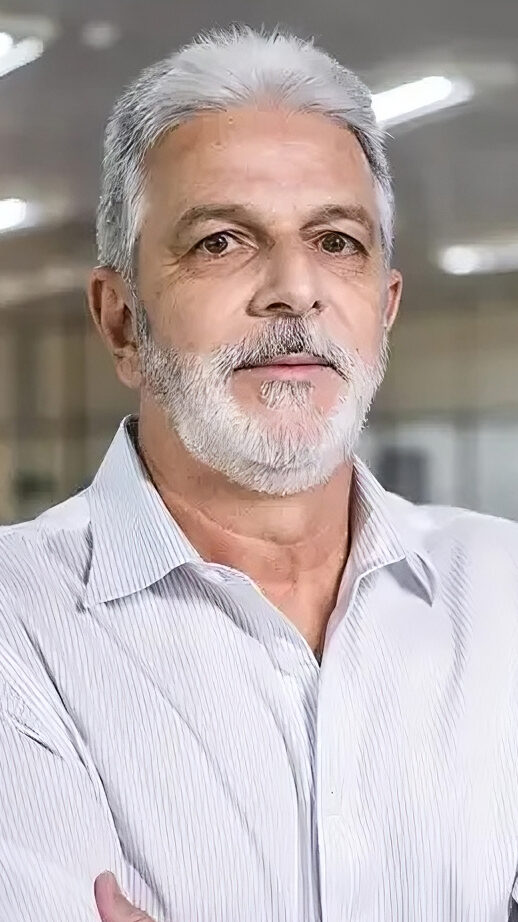
Started 2025 with a growth expectation of 10% but ended the first four months with stable performance. “The result reflects the challenging economic moment, especially for durable goods retail. Today, about 60% of our sales are financed, and with the Selic rate above 14% per year, credit costs remain high and directly impact the purchasing power of classes C and D, our main audience,” says CEO Romero Zema.
Revenue expectation is R$ 1.7 billion in 2025.
Inflation pressures household budgets and leads consumers to prioritize essential items, the CEO explains. “Added to this is the high level of household debt, making access to credit even harder. The scenario requires adaptation, creativity, and resilience. We remain alert, with a strategic outlook and the commitment to seek solutions that expand access, maintain competitiveness, and above all, respect our consumers’ reality.”
For the second half, the company remains optimistic and confident in a growth rebound, says the CEO. “We are reassessing our strategies, adjusting the product mix, and precisely identifying the channels and fronts with the greatest expansion potential. Our focus is to balance performance, offsetting possible declines in some areas with opportunities in others, always with agility, commercial intelligence, and customer focus.” The revenue expectation is R$ 1.7 billion in 2025.
KALUNGA
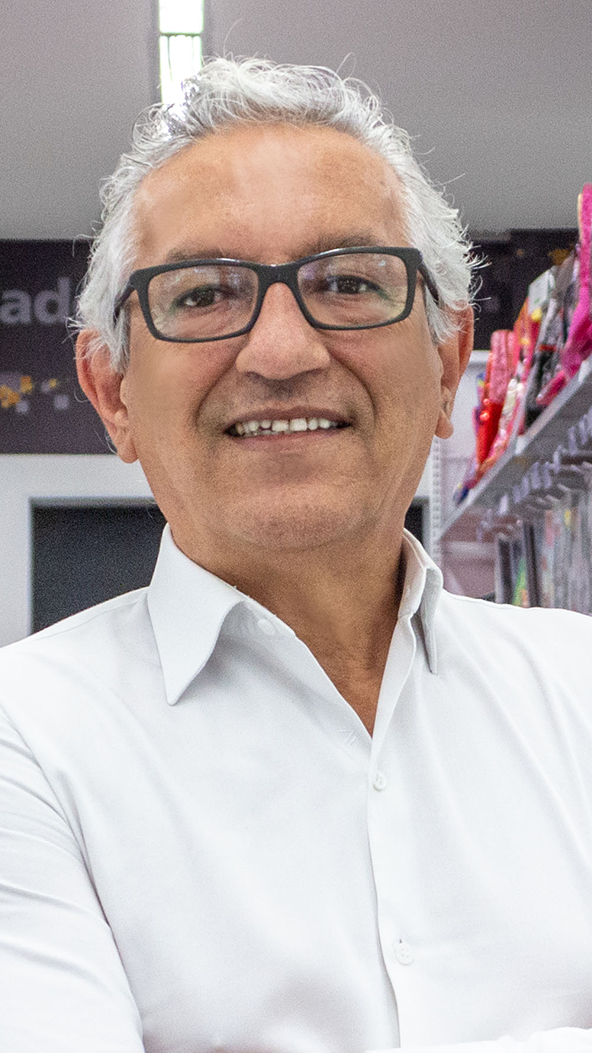
The company ended the first four months of 2025 with 2.6% to 3% growth compared to the same period in 2024, a positive result given the challenging retail landscape. “This performance is largely due to our differentiated services, such as two-hour delivery, which have boosted pick-up-store and ship-from-store models,” says Hoslei Pimenta, operations and sales director at Kalunga.
Projected revenue of R$ 3.7 billion in 2025, a 5.5% to 6% increase over 2024.
The second half promises continued expansion, with a focus on operational efficiency. “We’ll pursue growth while preserving margins and improving productivity across all areas: physical stores, digital channels, and logistics,” Hoslei highlights. With this strategy, Kalunga projects revenue of R$ 3.7 billion in 2025, a 5.5% to 6% increase over 2024.
According to the executive, one of the growth drivers will be the consolidation of private-label brands, whose share in the product mix has grown steadily. “We highlight the Spiral brand, which offers a wide range of stationery items, along with the import of differentiated products via Spiral do Brasil.”
KOERICH
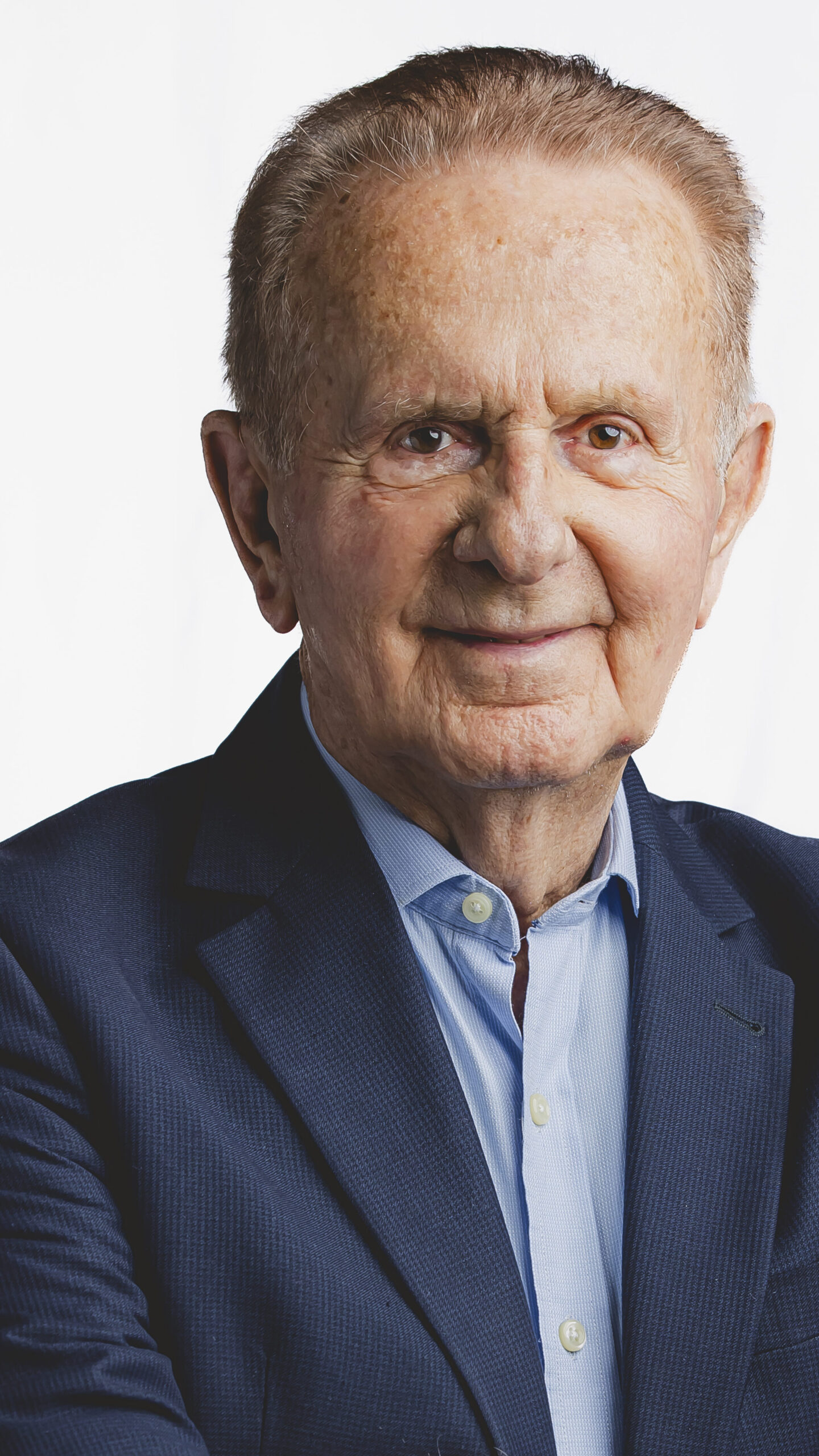
The first four months of 2025 were very positive for the company, especially in the coastal region of Santa Catarina, which received a high number of tourists. “The tourism surge directly impacted consumption. With favorable exchange rates, foreigners found attractive prices on our products, which boosted the local economy and benefited sectors like hospitality, food, and services,” says Antonio Koerich, president of Lojas Koerich.
The company aims for 10% growth in 2025 over 2024.
Another key factor was the start of the company’s 70th-anniversary celebrations. “Since January, we’ve ramped up our communications with consistent campaigns, such as our anniversary promotion, which ran from April to June and included car giveaways,” Antonio says. For the second half of the year, the outlook is very positive. “We are in a solid moment, supported by a committed team connected to our company DNA. Today, 80% of our store managers were trained internally, ensuring deep knowledge of our business model,” says the president.
The company aims to close 2025 with 10% growth over 2024. “Last year was already excellent for our sector, driven by the renewal of white goods in Brazilian homes. We continue with strong partnerships and a team of 1,750 employees committed to delivering top-notch service,” says Antonio.
LEROY MERLIN

The company closed 2024 with revenue of R$ 9.5 billion, a 6% growth, directly resulting from the expansion and modernization of its operations. “Last year, we opened four new stores in Joinville, Jundiaí, Leblon, and Alto da Boa Vista, and transformed 45 units, optimizing spaces and expanding product displays more attractively,” highlights Julien Gazier, CFO of Leroy Merlin Brazil.
Company closed 2024 with revenue of R$ 9.5 billion.
In the first half of 2025, the network continued expanding, with openings in Brasília (Jardim Botânico) and Bauru (SP). “Other strategic initiatives included strengthening financial solutions through Leroy Merlin Pay and loyalty programs like Leroy Merlin Com Você. These actions reflect a proactive strategy to boost sales, support company growth in Brazil, and express confidence in the country,” Julien affirms.
For the second half, expectations are for sustained growth. “We remain committed to innovation, sustainability, and complete home solutions. We focus on expanding services, understanding consumer profiles, and operating across the entire construction journey.” The expansion of the Leroy Merlin Empresas corporate arm, targeting builders, hotels, and condominiums, should also support positive results in the coming years.
LOJAS COLOMBO
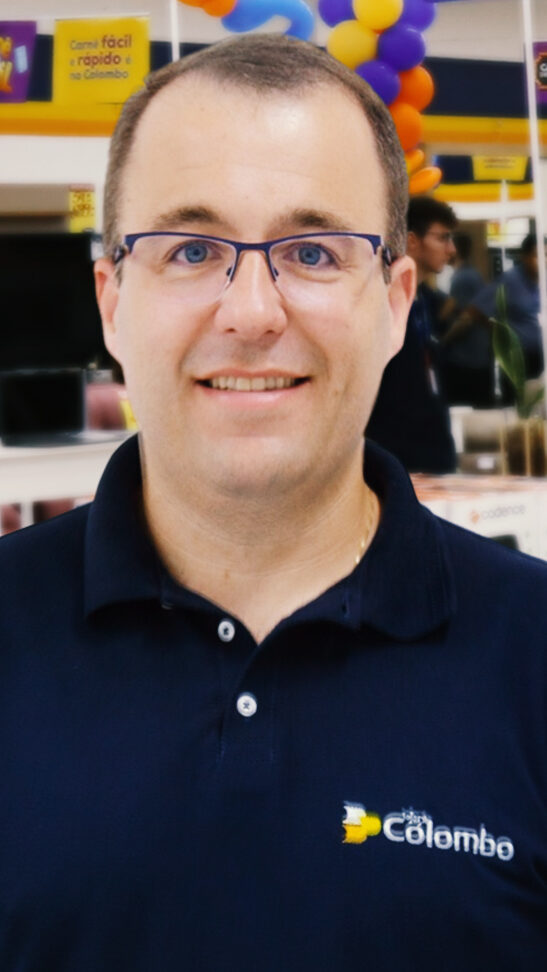
The first months of 2025 brought results aligned with the company’s strategic planning.
“We had consistent growth in the main indicators, a result of preventive measures adopted in 2024 and a sharper focus on costs,” says Eduardo Colombo, president of the chain. According to him, the adjustments made the operation lighter and more resilient to market fluctuations.
Company estimates revenue of R$ 2.7 billion in 2025.
With the approach of the second semester, the expectation is for intensified sales due to relevant promotional dates. “Those who are prepared to embrace these opportunities will see inflated results. At Colombo, we believe in the transformative power of work, and this is the best bet to ensure a strong year,” says the executive. He also highlights the importance of adopting new technologies, promoting internal adjustments, and keeping the team engaged to face the challenges of the current economic scenario.
The company projects revenue of R$ 2.7 billion in 2025. Despite inflationary pressure and reduced purchasing power, Colombo remains focused on operational efficiency and its strategic strengths. “The coming months will be full of work, and I believe in the great results that will come from it,” concludes Eduardo.
LOJAS EDMIL
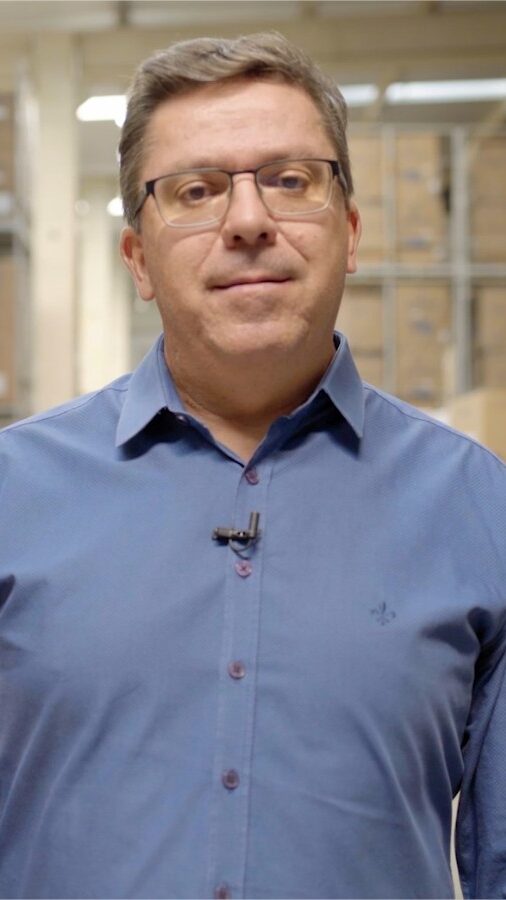
In the first four months of 2025, the company exceeded the goals it had set. “As a result, we achieved growth above 13.5% compared to the same period last year. We credit the result to several factors, among them, the opening of another physical store,” says Adaoney Pereira Valias, president of Lojas Edmil.
Company estimates revenue of approximately R$ 700 million this year.
Other points that contributed to the growth were the strengthening of the brand in cities where the chain does not have physical stores but are within the region where it operates, investments in the online channel and in technology, and the pursuit of innovations to increasingly reach the consumer, such as CRM, in addition to constant training for the entire team.
There is confidence in the continuity of growth in the second half of the year, but the market is unstable, recalls Adaoney. “Therefore, it is necessary to be conservative with actions, promotions, and investments. We count on the support of our partners and suppliers to promote differentials at the points of sale. We estimate revenue of approximately R$ 700 million. By reaching this number, we will have growth above 15% compared to the year 2024.”
MAGALU
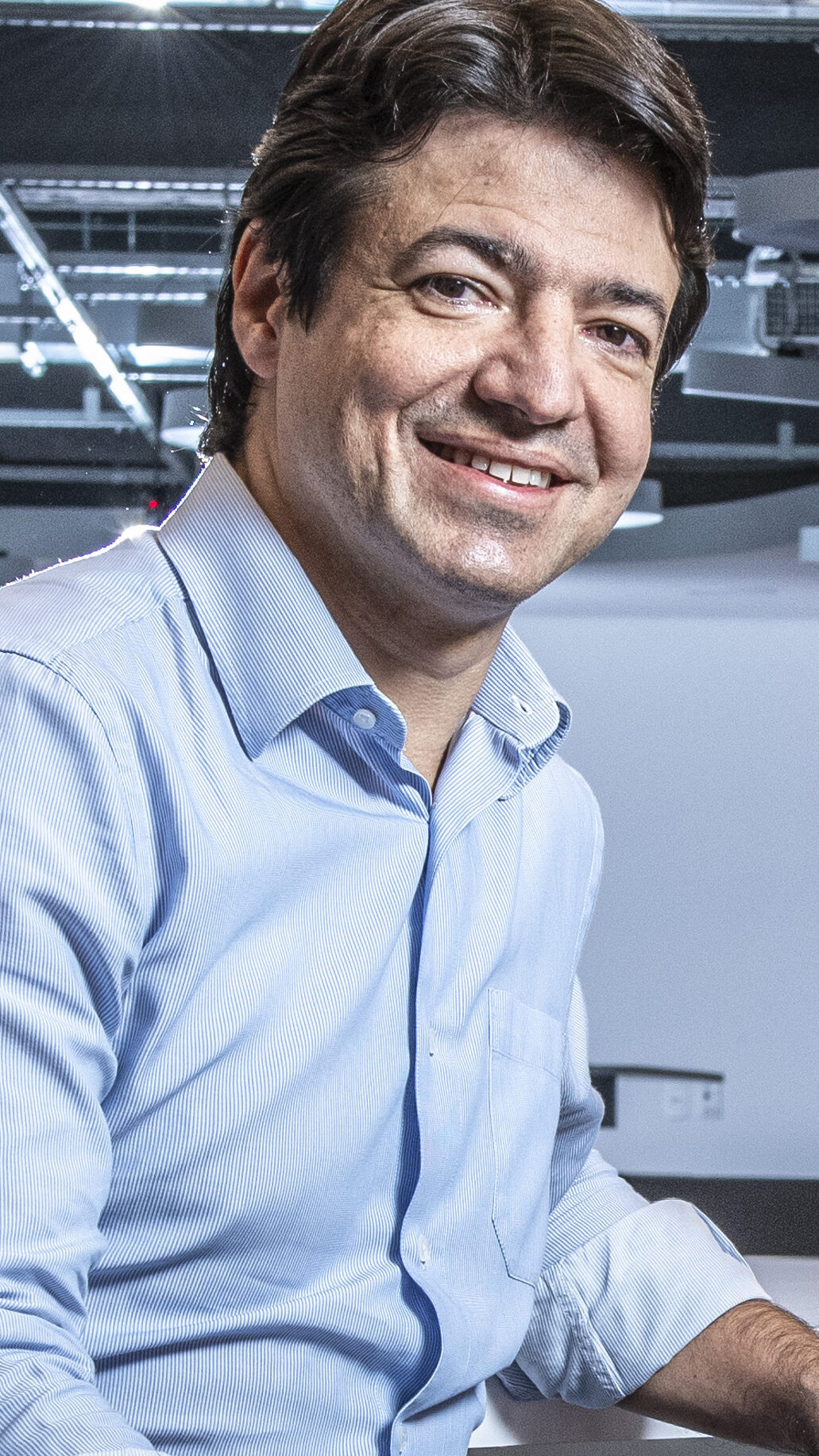
The company closed the first quarter of 2025 with sales of over R$ 16 billion, gross margin above 30%, EBITDA margin of 8.1%, cash of R$ 6.7 billion and adjusted net income of R$ 11 million, according to Roberto Bellissimo, Magalu’s CFO. “These results highlight the solidity of the Magalu ecosystem in a macroeconomic scenario that still demands discipline and focus,” he states. He also highlights the increase in gross margin, the expansion of the fulfillment service, the growth of MagaluAds, the market share gain of physical stores and the profit of Luizacred.
“With a profit of R$ 11 million in the first quarter, Magalu bets on sales conversion in 2025.”
According to Roberto, “conversion” is the main theme of the year, the last of the current strategic cycle. “Our goal is to transform a higher percentage of the millions of visits we receive on our sales channels into actual transactions and, with that, continue improving profitability and resume a higher level of sustainable growth,” he says.
For that, Roberto says that all Magalu areas, which in recent years focused on cash generation, margin increase, operational efficiency and customer satisfaction, will dedicate energy to sales conversion. “We are working on aspects such as prices and delivery times, browsing experience and payment options. We started 2025 confident in our strategy and in our team’s ability to execute,” he concludes.
MARTINS ATACADO
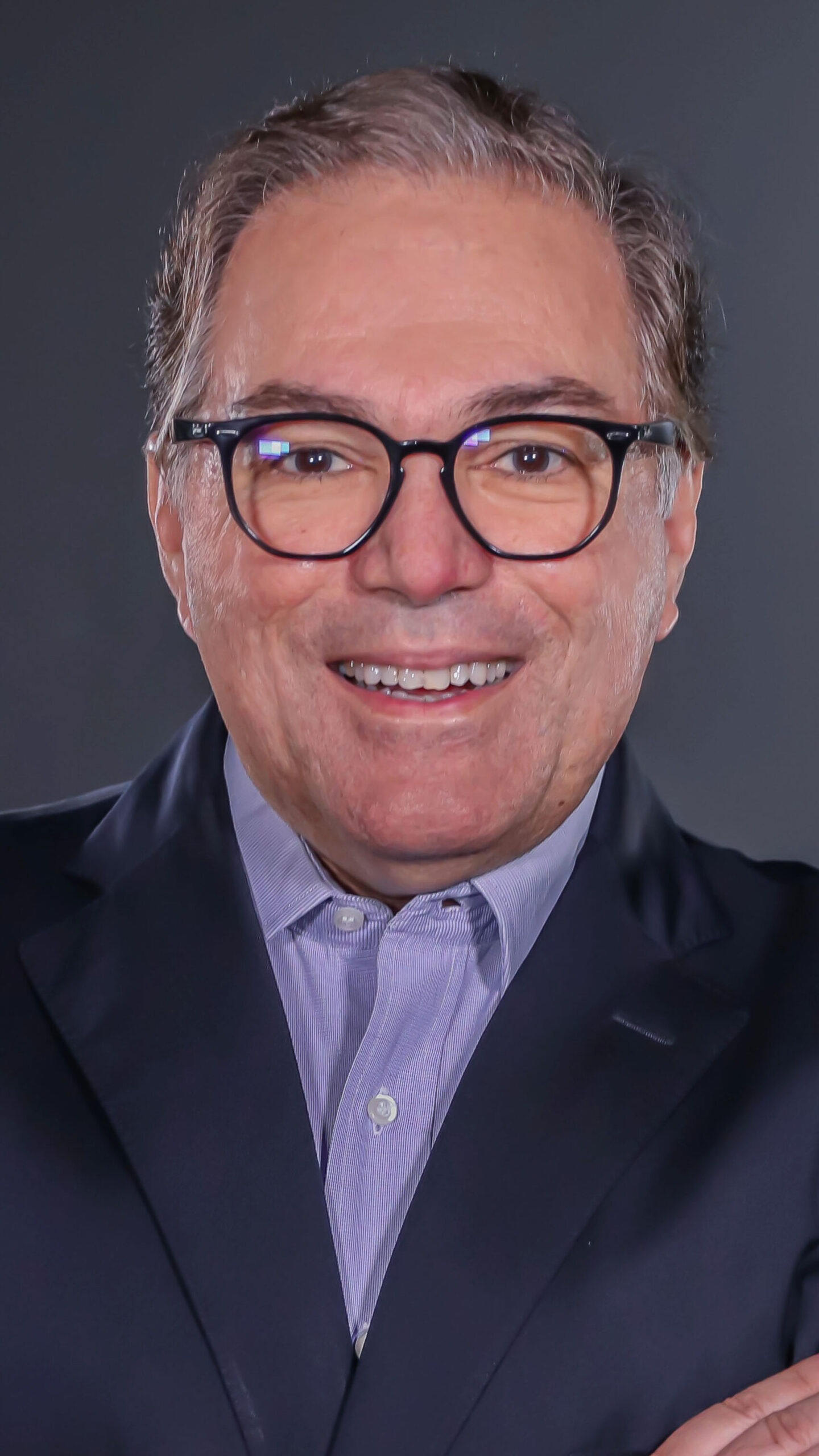
“The economic scenario in 2025 remains challenging due to the high interest rate, combined with restricted credit, consumption affected by consumer debt, and rising inflation. Despite this scenario, Martins closed the first four months of 2025 achieving the growth planned in its annual plan,” says CEO Rubens Batista.
The year requires attention, but the company wants to grow rapidly.
Contributing to the result were the company’s closeness and alignment with its main suppliers; the use of intelligence in designing specific tactical actions, working to personally serve each industry’s GTM in the dimensions of category, product, region, and client; and the accelerated growth of the B2B marketplace platform.“It is an enabler of our goal to increase our relevance with clients. Today, with approximately 500 active sellers and more than 250,000 SKUs available, the plan is to grow rapidly,” says Rubens.
In 2025, the company will continue to move with the caution and attention that the year requires. “However, we believe that by working as we did in the first four months, we will build a strong second half. Our expectation is to achieve the year’s goal, which sets growth in the range of low double digits,” says the CEO.
POLISHOP
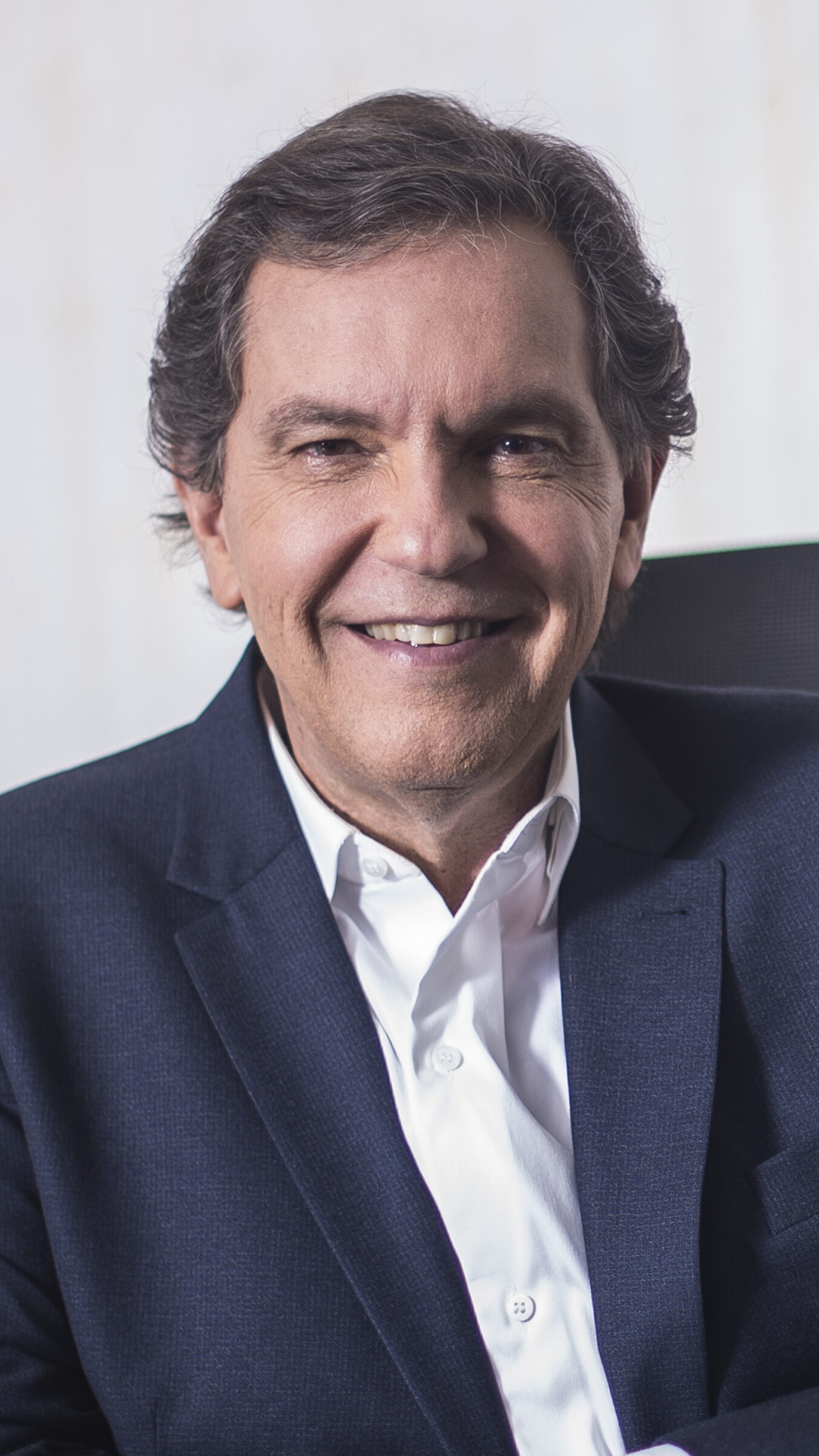
The first four months of 2025 were very positive for Polishop, which launched over 30 products in the beauty, fitness, and relaxation categories. “The innovations were very well received in the market, such as the rotating brush with hyaluronic acid infusion, and the Multi Styler, an 8-in-1 curler and dryer from our own brand Be Emotion. The performance of fans and air coolers helped maintain the strong sales pace started at the end of 2024,” says João Appolinário, founder and president of the company.
Company will explore a new distribution model in the second half of the year.
The home and kitchen sector reinforced the company’s position, especially with the Ichef private label, famous for its non-stick pans and air fryers. “We remain leaders in oil-free fryers and launched the country’s first air fryer with artificial intelligence,” João highlights. The positive public response helped calibrate expectations for the coming months, indicating a favorable scenario for sales expansion.
For the second half of the year, the company projects significant growth, driven by the most desired products and new solutions from the Genis Fitness and Genis Relax private labels. The company will also explore a new distribution model. “I believe the retail of the future is to be wherever the customer is. That’s why we will open the opportunity for traditional retail and digital platforms to also sell our private labels, allowing customers to find Polishop in even more places.”
TOKLAR
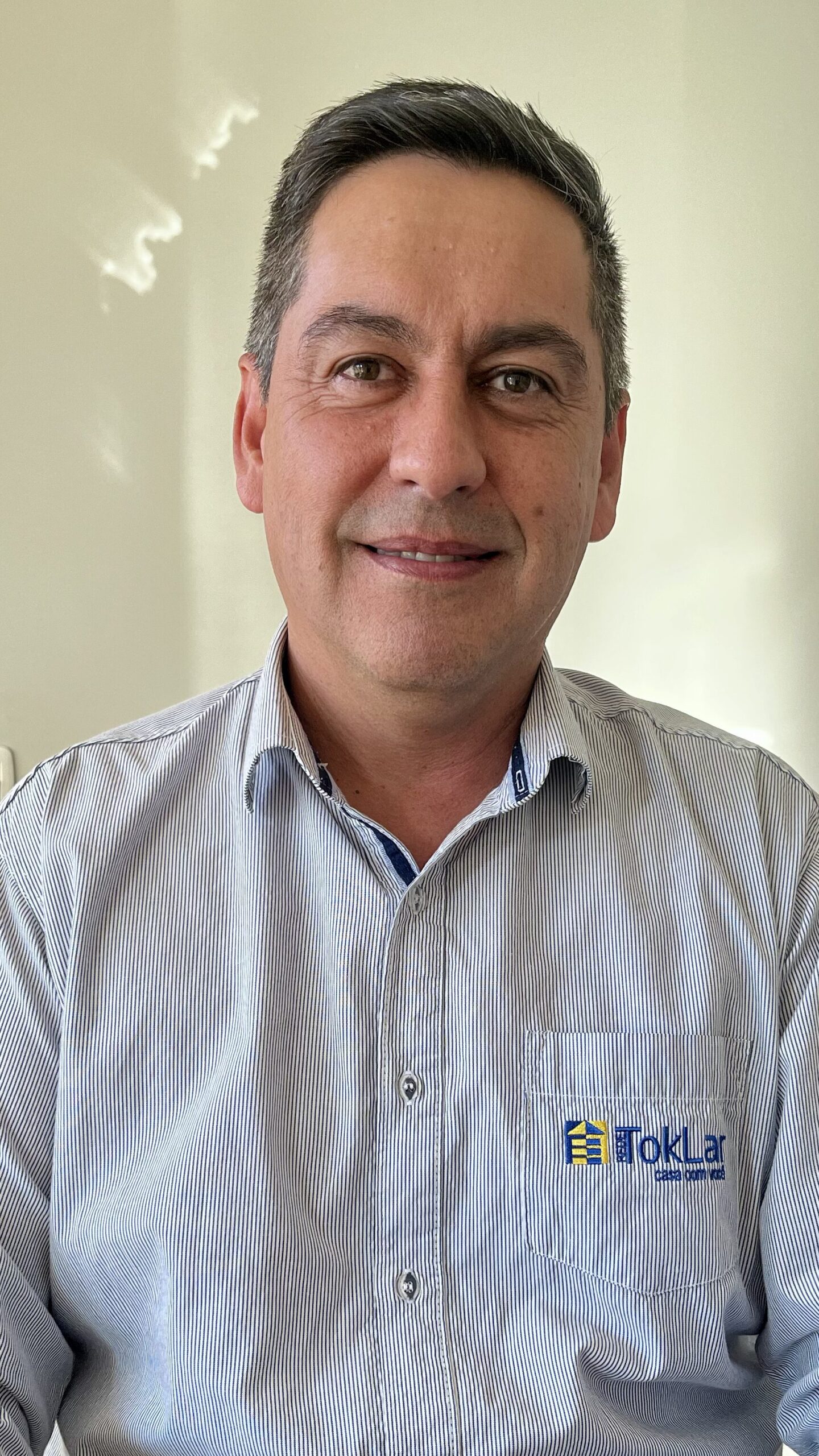
The first four months of 2025 were challenging, says Marcos Sudbrack, manager of the Toklar chain. “We expected more, but the drought in our operating region, the disappointment with the harvest, political instability, and the weakening of the population’s purchasing power, especially classes C and D — our main audiences — strongly impacted performance.”
Company expects consistent recovery in the coming months.
The company is cautious about the second half, but holds good expectations. “We must have hope and fight to improve this situation, but we still don’t see concrete signs of a change in the current scenario,” says the manager.
In the second half, Toklar intends to match the revenue recorded in 2024, says Marcos. “We are 10% below last year so far, even with double the investment in media. We need consistent recovery in the coming months.”
TVLAR
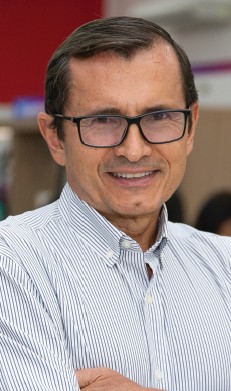
The first four months of the year were positive for the company, following the growth of the Manaus Free Trade Zone (AM) industry, which projects an increase of up to 15% in the segments of electronics, air conditioners, and two-wheel vehicles. “This is due to the national increase in demand for durable goods, employment levels, real income, and credit expansion, despite the high interest rates,” says Antonio Azevedo, president of TVLAR.
Company renovates main stores and redefines mix with higher value-added products.
For the second half of the year, the expectation is for a 20% increase in sales compared to the first six months, driven by seasonal factors such as the intense heat from June to November in the Northern Region. Black Friday and Christmas concentrate sales in the last quarter of the year.
High interest rates have generated uncertainties and reduced consumer confidence, which is expected to result in more cautious consumption, says Antonio. “On our side, we are renovating the main stores, implementing a new layout, and redefining the mix with higher value-added products. For these reasons, we project nominal growth of 9% for 2025, which will already be a good performance in the current contractionary scenario.”
NOVO MUNDO
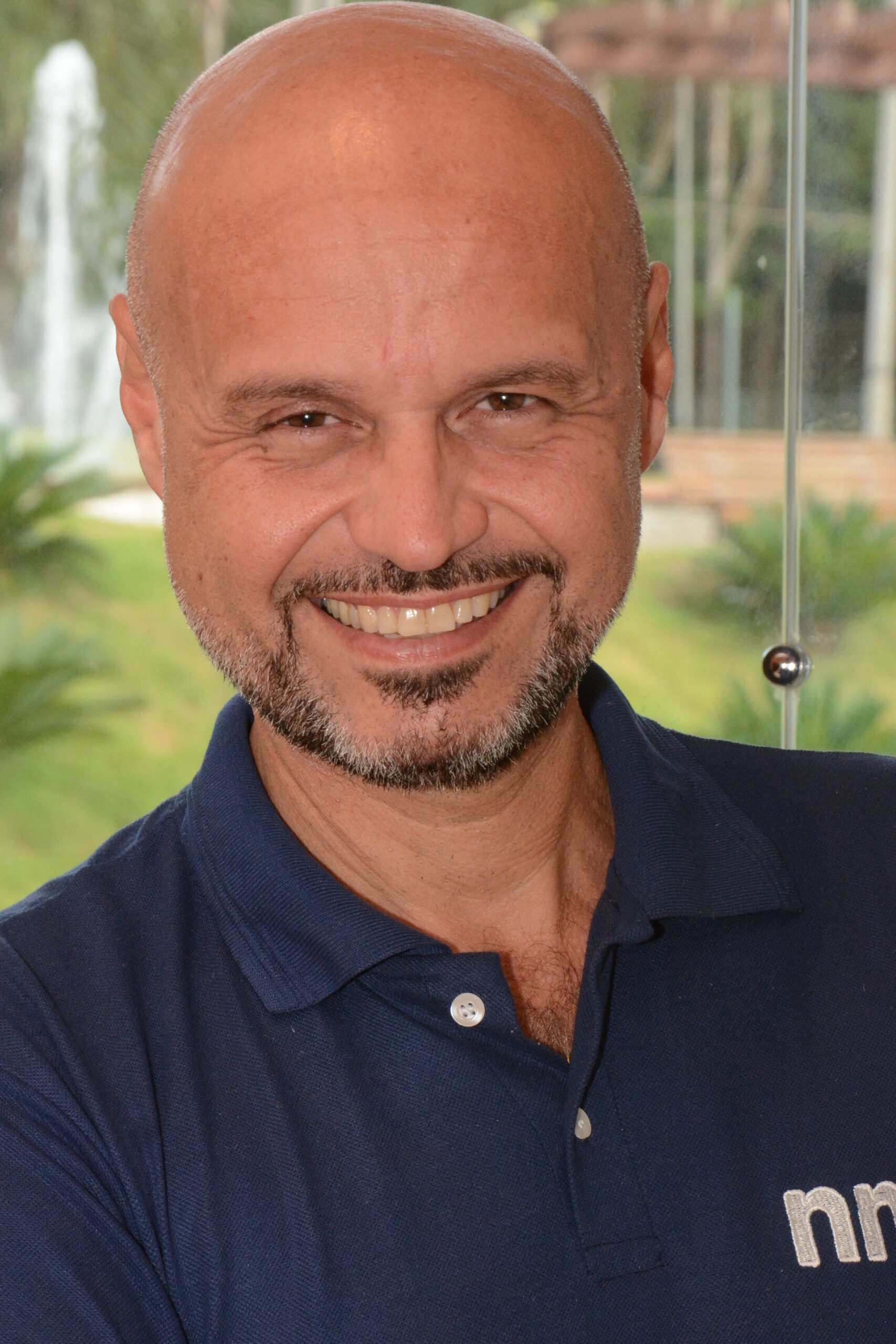
The first four months of 2025 were within the company’s planned expectations, says José Guimarães, CEO of NovoMundo.com. “We continue to regain the markets where we have the greatest relevance and strongly increase our participation in the highest-margin lines and categories, which is the focus in this recovery.”
Company projects revenue of R$ 800 million over the next 12 months.
For the second half of the year, the expectation is for average growth of 30%.“There is a reason for this robust number, as we will already have completed the inclusion of the entire new mix defined in our planning and signed the 2025/2026 supply contracts with all partners.We project revenue of R$ 800 million over the next 12 months, reflecting strategic adjustments and the focus on profitability,” says the CEO.
Source: Eletrolar News – Edição #167


